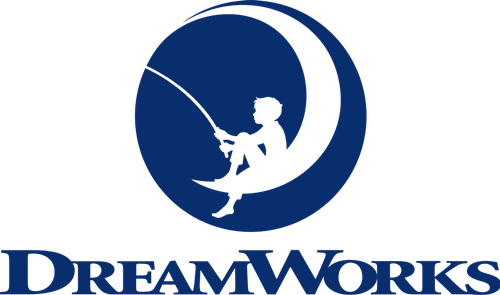I for one am heartily sick of the dumb "main protagonist" designation some people use. Contrary to what at least one user of this wiki believes (or believed until recently), "protagonist" does not mean "good guy"; see, for instance, Felonius Gru in the first Despicable Me movie (a villain who reforms at the end), or Moriarty from Michael Kurland's series based on the Sherlock Holmes canon (always a villain).
Maybe a little bit of history is in order here.
In the original Greek, the πρωταγωνιστής (protagonistes) was the leader of the theatrical troupe and thus the guy who got to play all the juicy main parts (as well as other parts which needed to be played when the main character wasn't on stage).
The deuteragonist was the actor who got to play opposite the protagonist.
The tritagonist was the other actor (there were never more than three in a Greek theatre troupe) who got to play all the other little parts which needed to be played. Coincidentally, "tritagonist" as an English loanword thus has a similar meaning to "trite", but the derivations are completely different.
One thing the above means is that if there had ever been a fourth member of a Greek theatre troupe, he would have been a tetragonist, not a "quadragonist" (Greeks didn't speak Latin) nor a "teratagonist" nor any such rubbish. However, there was never any such actor, and as of course there is no such thing as a less-than-minor character, there is no such word in English either.
One thing this means is that a protagonist is by definition the leading character (or one of them — there can be more than one protagonist, such as Lyra Silvertongue and Will Parry in the second and third books of His Dark Materials), so adding another "main" in front of the word is superfluous, and jarring to those of us who know what "protagonist" actually means.
Another thing which some people should note is that, just as a protagonist isn't necessarily a good guy, an antagonist isn't necessarily a bad guy; the antagonist is there to provide opposition, which can (for instance) arise from doing what is right, or what he thinks is right. A case in point is AUTO from WALL·E, which has been programmed to believe that the Earth is an inhospitable waste and that humanity must never return there, despite clear evidence to the contrary (the plant).
Also, rubbish descriptions which are sometimes seen, such as "secondary, but later true main antagonist (except on Tuesdays)" are just overthinking (in as far as they can be called thinking at all); they are ascribing to the author(s) a depth of anallysis which almost certainly never existed. It is unlikely that any author ever goes far beyond "this is the main character, these are the supporting characters, this guy provides the dramatic conflict, everyone else is background".
Maybe we should just drop all the Greek-derived "agonist" terms and stick to English descriptions for characters. Maybe then editors would think, and describe characters rather than just labelling them (as if).

